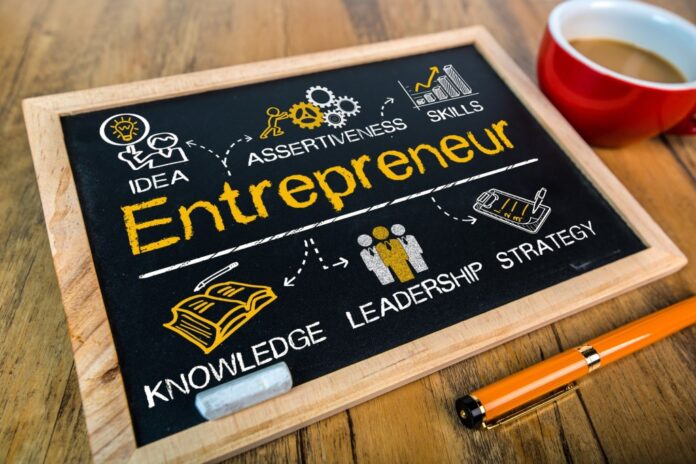
A gentleman calls me. He is a “medical educator” at UC San Diego, and he wants either money or advice. Sure, I’m all in, delighted to try to help. I point out to him, politely, that I have licensed technology from UC San Diego twice in my career, and I am still taking anti-depressants to get over the experience.
Harvard professor Maria Roche recently wrote a paper. Here is the lead line: “Academic institutions incubate novel ideas, but getting products out of universities and onto the market can be challenging.” You don’t say.
I asked the gentleman what his arrangement with the university was, i.e., did they own the technology, did he have a license, was it really his or did it belong to a homeless doctoral student. We set up a meeting, then he canceled, and all I got was crickets.
His idea was in the artificial intelligence space where I am currently hanging my hat and I knew that I could be helpful. May have been greed, maybe he was a Nigerian prince, all I know is he moved on.
Roche writes, “Academic researchers are almost too married to their ideas and technologies.” A few years ago, I started a microbiome company. The co-founder was a genius woman, brilliant, but had no idea how to run a company. Other geniuses were involved, all academics. Of course, we had to deal with politics, egos, two institutions who both wanted to be in control. We raised a few million – and finally failure. No surprise in retrospect.
At one point, one of the geniuses wouldn’t share his data even though he had stock in the company. Roche says that science doesn’t often meet commercialization because of “overreliance on the founder’s specialized knowledge.” It is a quite narrow road, littered with grants, promotions, prestige, money and tenure. Throw in greed, stupidity, arrogance and too many advanced degrees.
And finally the mother of them all — don’t forget emotions.
David Brooks, New York Times columnist, recently wrote on that subject. He says, “Our economic models are based on the idea that humans are rational, coolly calculating their own self-interest.” But it is emotions that rule the day. Emotions actually alter your sight and hearing. It is obvious, the wheel has come up on red 10 times in a row, so put everything on black on the next spin.
Brooks says we need to be a “great emotional athlete in order to make the great decisions in life.” OK, but first let’s just do a better job in the small decisions of running a company – as in hiring an employee.
How do you assess the EQ, the emotional quotient, of a prospective hire? I know you can code, I know you can sell, but are you a maniac when I’m not looking?
Brooks again, “When people get fired, it’s rarely because they lack technical abilities, it is almost always because they are un-coachable, have anger issues or can’t play nicely with others.”
How do you see this before you invite someone into the sandbox? I am a big fan of talk therapy, been doing it for 35+ years, but you can’t interview someone today by asking them about their feelings or their family or how they navigated sensitive topics, or gender or wealth or anything that might remotely give you an insight into who the person really is. It is those questions that have the real value.
Hooray for Human Resources.
As CEO, I try to make a safe place for people to talk and feel, but it is a very thin line to tread. There are rules for a reason. If you have a couple hundred or thousands of employees, maybe it is just not possible. Availability heuristic, confirmation bias, hiring is a road littered with land mines.
Words can be concrete. There is merit in learning how to verbalize a feeling – before blindly acting out and stabbing the guy in the neck. “Conscious awareness” — seems to be a skill set worth developing.
When I confronted the scientist who would not share his data, his response was simple, “I do not share, it is mine and I don’t really care if we fail.” It would have been nice if you had mentioned that before becoming a co-founder.
Rule No. 823: Dive in, feel first.
Senturia is a serial entrepreneur who invests in startups. Please email ideas to [email protected].



